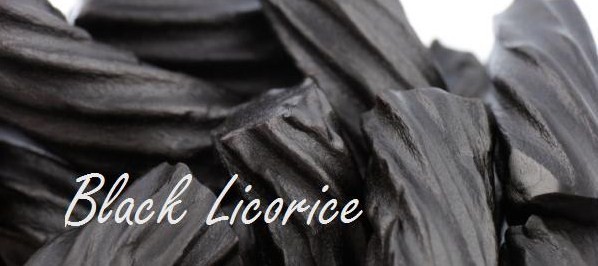I'm not a literary critic, and I never will be. I found out after dropping my Professional Writing major for an English minor that the two are most definitely not alike. As much as I enjoy writing essays about books and stories I always approached them more as an anthropologist than as a critic. Pretentious English majors with their thick rimmed glasses, vests and cigarettes in hand were the bane of my existence; and I often found myself going head to head with their thick-headedness in class. I remember one particular fat-headed editor of a school newspaper once telling the class that censorship didn't exist in the world anymore. Quite matter of factly. Anyways, the point is not to make myself sound better than them but to simply state our differences.
Critics, in their oh so critical way, tend to strip a book or story of its essence. They leave the words bare and then try to make meaning of them. Picking and choosing symbols and motifs and squeezing out a quote to fit into their 'this is what the book is' schpeels. I'll say straight out - I don't think there's anything wrong with this. I think that literature should be a constant dialogue that is in flux, that changes depending on its reader, that is always up for interpretation and re-interpretation. What I don't like is when those critics believe their search will unveil an ultimate truth. It never will.
We sometimes forget that novels, and short stories alike, are works of art. Like when Picasso interprets his wife in a painting, so does a writer interpret their surroundings with words. A book is like a process of self discovery in which the writer tries to make sense of his or her experiences, society and so on. If we read constantly in search of the 'hidden meaning', the ultimate reason behind the book's existence, we'll inevitably miss out on those gray areas. Its the confusing bits where the writer contradicts himself, reveals his vulnerability, that the heart of a book lies. And it's here that I think we're most likely to find the value of literature; where we can open up a dialogue with the text and begin to challenge ourselves.
This is why I will never be a critic and this is why I love both reading and writing. A writer is a philosopher, who expresses not an ultimate truth but a million possible truths.
In A Passage to India one of our protoganists finds himself impersonating one of those gray areas, not quite sure how to fit into either of the two societies which surround him.
The world, he believed, is a globe of men who are trying to reach one another and can best do so by the help of goodwill plus culture and intelligence - a creed ill suited to Chandrapore, but he had come out too late to lose it. He had no racial feeling - not because he was superior to his brother civilians, but because he had matured in a different atmosphere, where the herd-instinct does not flourish. The remark that did him most harm at the Club was a silly aside to the effect that the so-called white races are really pinko-gray. He only said this to be cheery, he did not realize that `white`has no more to do with a colour than `God save the King`with a god, and that it is the height of impropriety to consider what it does connote. The pinko-gray male whom he addressed was subtly scandalized; his sense of insecurity was awoken, and he communicated it to the rest of the herd.Poor Mr. Fielding, in a way I feel that he is Forster, trying to articulate his place in not only the British Empire, but in the wider world itself.

No comments:
Post a Comment